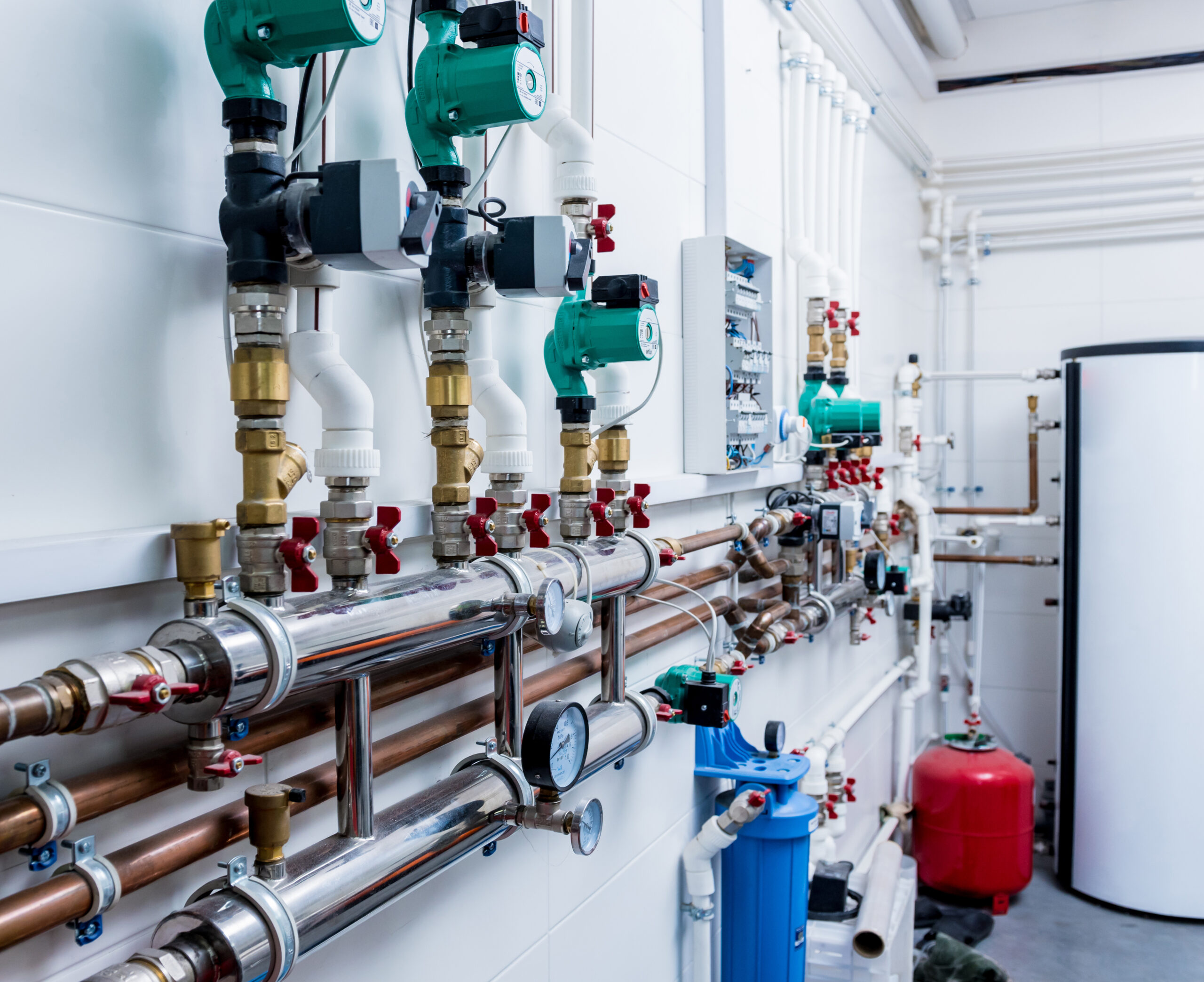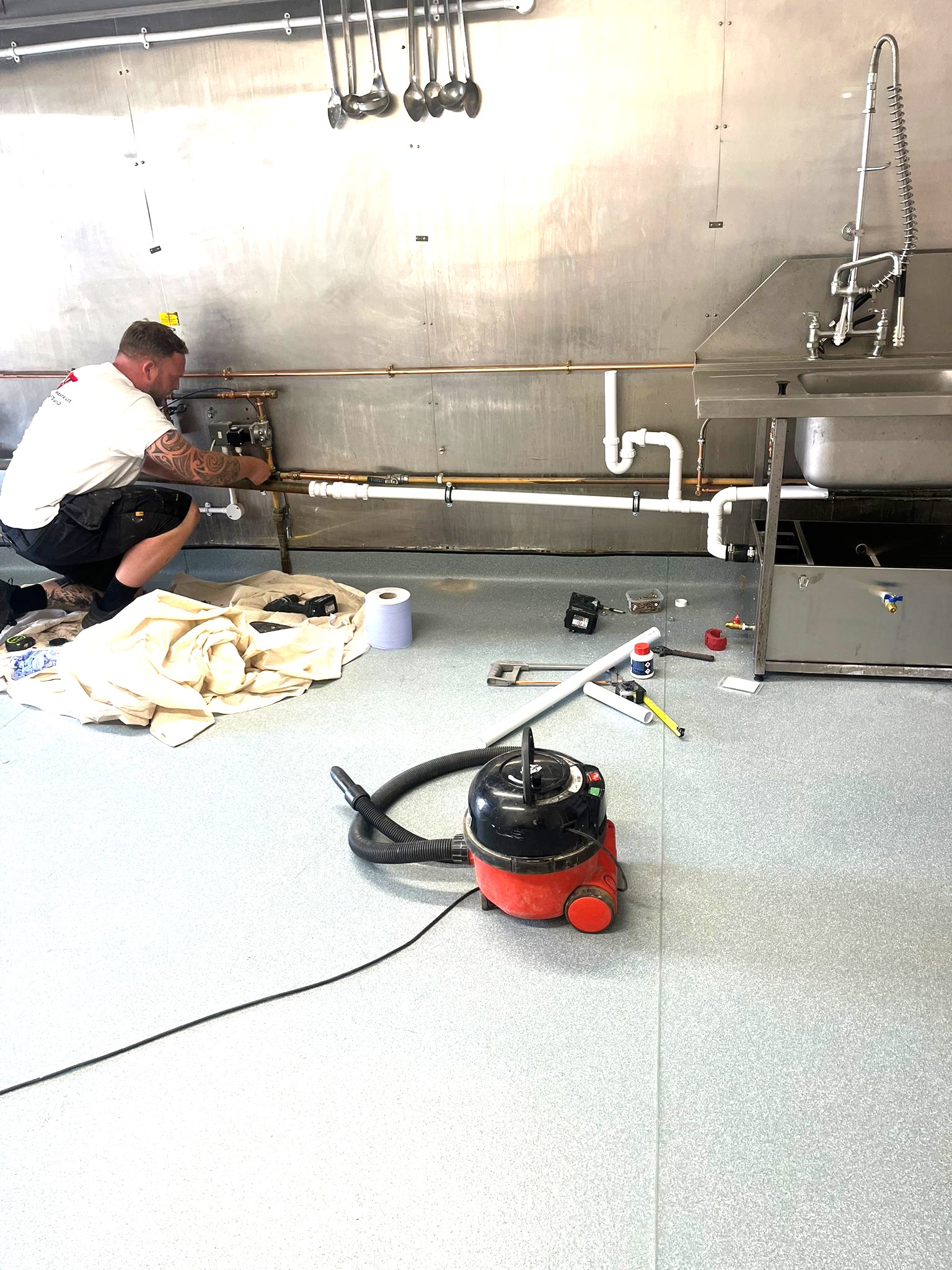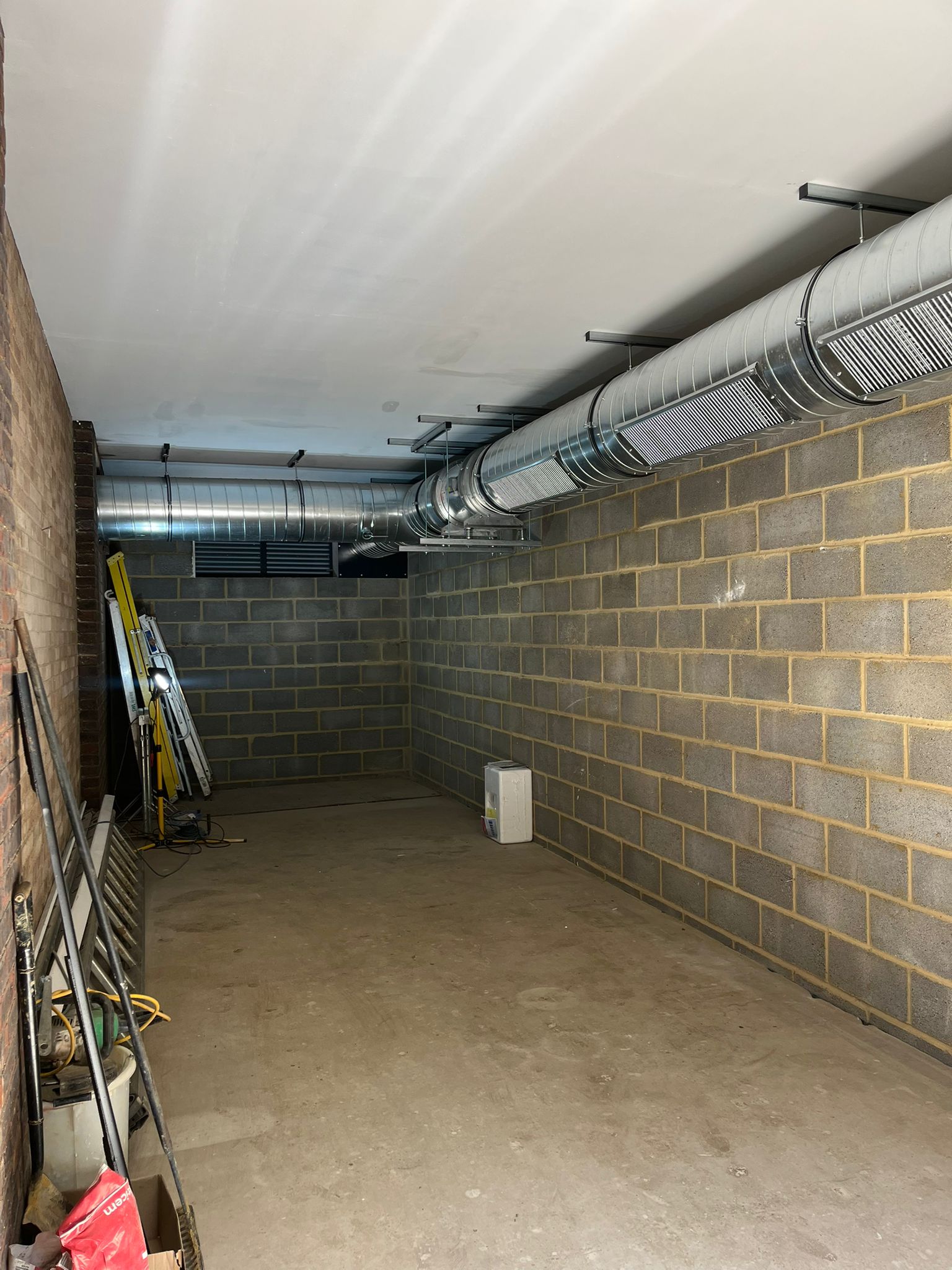Commercial Boiler, Heat Pump, & Associated Plant Servicing: Act Now Before Winter Hits

September is here, and we’re already late in the ideal window for servicing your commercial boilers and heat pumps. With colder months fast approaching, now is your last chance to ensure your heating systems are in optimal condition before demand increases. Regular servicing of boilers, heat pumps, and associated plant equipment is essential to avoid costly downtime, inefficiencies, and safety issues during winter.
Why Service Your Commercial Boiler, Heat Pump, and Associated Plant Now?
- Prevent Downtime: Commercial boilers and heat pumps experience heavy demand during winter. Neglecting maintenance can lead to unexpected breakdowns at the worst time, impacting your heating and disrupting operations. Servicing in September ensures everything runs smoothly when the cold hits.
- Energy Efficiency: As energy costs rise, maintaining efficiency is critical. Unserviced boilers, heat pumps, and associated systems such as pumps, valves, and air handling units can lead to higher energy consumption. Regular maintenance ensures optimal performance, helping keep energy costs under control.
- Safety Compliance: Commercial systems must meet rigorous safety standards. For boilers, this means addressing any gas leaks or carbon monoxide risks. Heat pumps require inspections for refrigerant levels, electrical issues, and airflow problems. Ensuring both systems are serviced will maintain compliance and safety.
- Extend Equipment Lifespan: Regular maintenance for both boilers and heat pumps—as well as auxiliary equipment like circulation pumps and expansion tanks—extends the life of your heating systems, saving you from early, costly replacements.
What Should Be Serviced?
- For Commercial Boilers:
- Heat Exchanger: Prevent scale or corrosion buildup, which reduces efficiency.
- Burners & Combustion Chambers: Clean to ensure optimal fuel combustion and safety.
- Flue Systems: Check for proper ventilation to avoid dangerous gas buildup.
- Controls & Thermostats: Ensure they are calibrated for accurate temperature control and efficiency.
- For Heat Pumps:
- Outdoor Unit: Keep clear of debris to ensure proper airflow and heat transfer.
- Refrigerant Levels: Low levels can damage the system and reduce efficiency.
- Filters & Coils: Clean to ensure efficient operation and energy savings.
- Defrost Cycles: Ensure proper operation to avoid ice buildup during freezing temperatures.
- Associated Plant Equipment:
- Circulation Pumps: Move hot water effectively. A failure here means a cold building, even if the boiler or heat pump is working.
- Expansion Tanks & Pressure Vessels: Absorb excess pressure, preventing dangerous shutdowns.
- Air Handling Units: Maintain proper airflow for balanced, effective heating throughout your facility.
- Valves & Piping: Check for leaks or corrosion to maintain system efficiency and safety.
Consequences of Skipping a Service:
- Increased operational costs from inefficient systems.
- Safety risks, including gas leaks or refrigerant issues.
- Expensive repairs or replacements from equipment failures during peak demand.
- Unplanned downtime that can disrupt your business or operations.
Although September is late in the servicing window, it’s not too late to avoid costly winter breakdowns. Ensure your commercial boiler, heat pump, and associated plant are ready to meet the demands of the coming winter.


